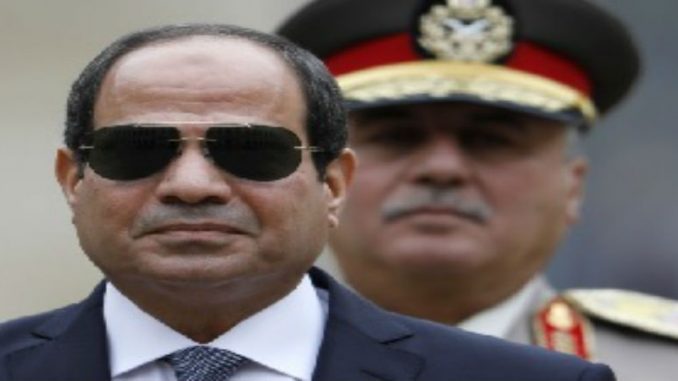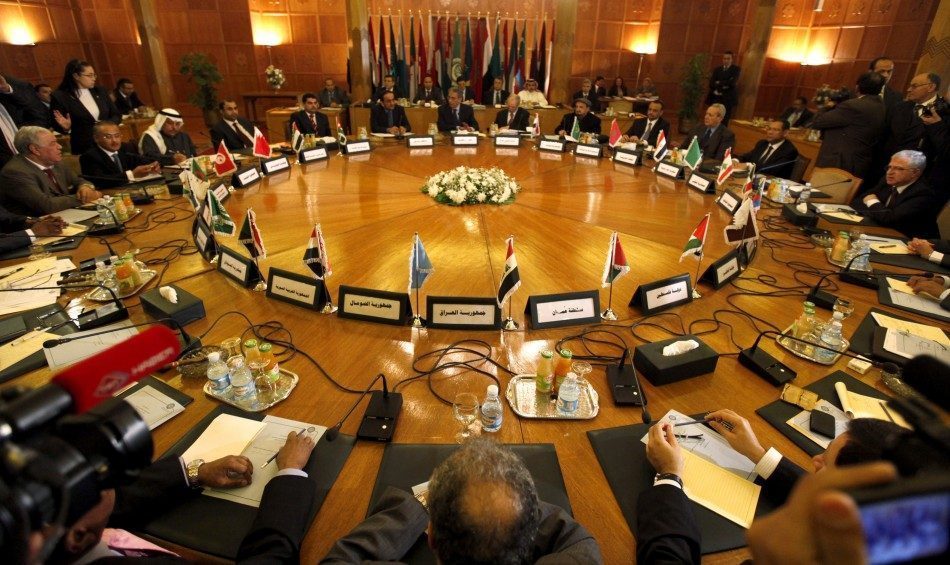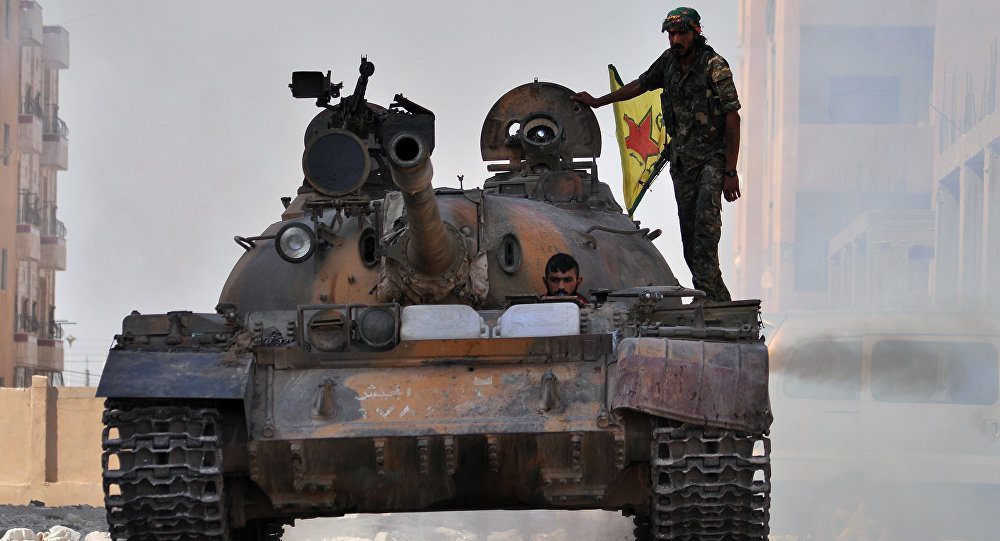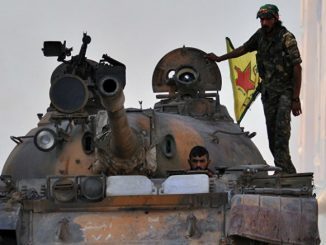
Abdel Fattah al-Sisi’s unsurprising 97 percent win, announced Monday after a widely-derided sham election, asserts the recession of civil environment in Egypt and thus, reaffirms the exponential power of the military’s influence in nearly every facet of the country’s political and economic life.
Reuters wrote in an article titled;”The danger that lurks in Sisi’s Egypt” that “The main threat now is that the dependence of Sisi – a former head of military intelligence and former minister of defense – on his country’s armed forces will undermine the state’s long-term security and stability, not to mention people’s freedoms and rights.
In fact, depending on the military is nothing new in Egypt. Since 1952, the country has been ruled by a succession of presidents with a military background and who have used the military to control the country’s political system.
They achieve this by reserving core government positions, such as the executive, the heads of intelligence agencies, defense ministers, and key governorships, for military personnel. From these positions, the military monopolized decision-making on critical domestic and foreign policy issues.
At the same time, they granted civilians authority over the state’s periphery, such as agencies dealing with the media, sciences, culture, business, and administration. These institutions enjoyed a degree of autonomy and, more importantly, served as the face of the Egyptian government while the military remained behind the scenes.
Moreover, the political environment was so much constrained as the political parties, social movements, and political dissidents were only allowed to play a limited role within certain bounds.
All parties understood the unspoken rules, so even as Egypt’s presidents changed, the political game remained the same: a democratic façade with a real, although limited, civic component.
“However, al-Sisi has exterminated this game. Since deposing the Muslim Brotherhood’s Mohammed Morsi in 2013, all of Sisi’s acts have signaled that he would not allow the controlled political environment to continue,” according to Reuters.
It added,”Instead, he brought the military out of the shadows, allowing him to consolidate power and generate relative stability, but also distorting Egyptian political and economic life.”
In his public statements, Sisi has described the military as the only functioning and capable institution in the Egyptian “quasi-state.” He began his days in office by giving free political rein to military and intelligence agencies.
In particular, he used the Office of Military Intelligence and Reconnaissance Services (MIRS) and the General Intelligence Service (GIS) to fill the gap caused by the collapse of the much-hated State Security Investigative Service (SSIS) and police during the 2011 revolution against former president Hosni Mubarak.
Thousands of political dissidents, outlawed political movements, and banned demonstrations during Sisi’s first term, were arrested by intelligence-turned-security agencies. Political parties were hollowed out, replaced by a carefully engineered parliament seated with members primed to pass any regulation the president proposed. The judiciary was purged; activists, artists, novelists, and musicians were subject to harassment and detention.
These actions did generate stability. That, in turn, allowed Egypt to secure a controversial, if much needed, loan from the International Monetary Fund and to contain political fallout from a host of unpopular austerity measures, including the rollback of subsidies and devaluation of the Egyptian pound.
But the end of the status quo also set the stage for blowback. Before 2011, few criticized the military. Hidden in the core, it was widely regarded as the custodian of the Egyptian nation – not, like the hated SSIS and police, an extension of the state. That is no longer the case.
Hundreds of journalists, activists, bloggers, and even some politicians, both in and outside the country, have become increasingly critical of the military overreach. Twitter hashtags like #liars, #down_with_military_rule, and #lying_military have trended from time to time.
Furthermore, the Sisi government has tried to clamp down, blocking more than 40 websites critical of the military and arresting many more activists for expressing their opinions on their social media platforms.
Security agencies have been active in preventing any potential political mobilization and some military-aligned parliamentarians last month proposed a bill making it illegal to criticize the military, police and affiliated agencies, punishable by up to seven years imprisonment.
As many analysts have warned,” the Egyptian economy is suffering as a result of the rapid, continuous, and unparalleled expansion of the military into the private sector. Small businesses, in particular, are hard-pressed to compete with the military’s use of cheap conscripted labor and its myriad tax exemptions,” said Reuters.
But most important of all are the concerns that this political intrusion will eventually” undermine the military’s capacity and distract its personnel from carrying out their constitutional duty to protect Egypt’s national security.”
Until now the military failed to stamp out Islamic State’s bloody five-year insurgency in northern Sinai, which has claimed scores of soldiers’ and civilians’ lives, is already a troubling sign that the military is overextended.
Reuters wrote,”There is also no doubt that Egypt’s failed campaign against Islamic State – especially given the success by other forces in displacing the group from Syria and Iraq – is affecting military morale and that there are at least some military officers dissatisfied enough with Sisi’s policy direction to try to challenge him.”
“While the immediate protests and response may not result in an immediate revolution, it is unlikely that Egyptians will wait for decades –as they did under former presidents – before going back to the streets in protest,” said Reuters.
It added that the United States should worry, too. Egypt is a valuable partner in the fight against Islamic State and al Qaeda and, as the Arab world’s most populous state, is critically important to regional stability.
Washington and regional allies “should consider using what political capital they have to encourage Sisi to ease the burden on his army and to restore some semblance of civic life. Otherwise, there is every chance that either the military or a new popular movement will force the issue.”



